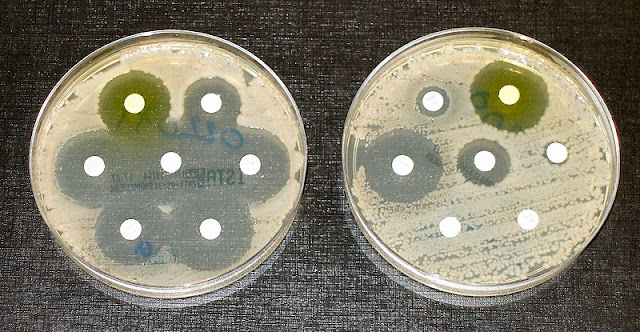I sometimes tell people that "There's no point in making the biggest scientific discovery in the history of the world, if you don't tell anybody about it." In other words, science communication is important. This is why I, and Things We Don't Know, feel strongly about the topic of "Open Science". For those who aren't familiar with "open science", it's a relatively straightforward concept. The principle behind open science is that the results of science should be available to the public, free of charge. Since scientific results are published in scientific journals, this means those journals would have to be available free of charge.
But of course, there is a cost associated with the publishing of journals, so open science is not a particularly easy thing to achieve, and people have suggested several models which would make this possible - each with their own side effects and drawbacks. If you'd like to read more about the details of open science, Nature have a nice feature article which summarises the background, and another which explains the "green" and "gold" open access models.


